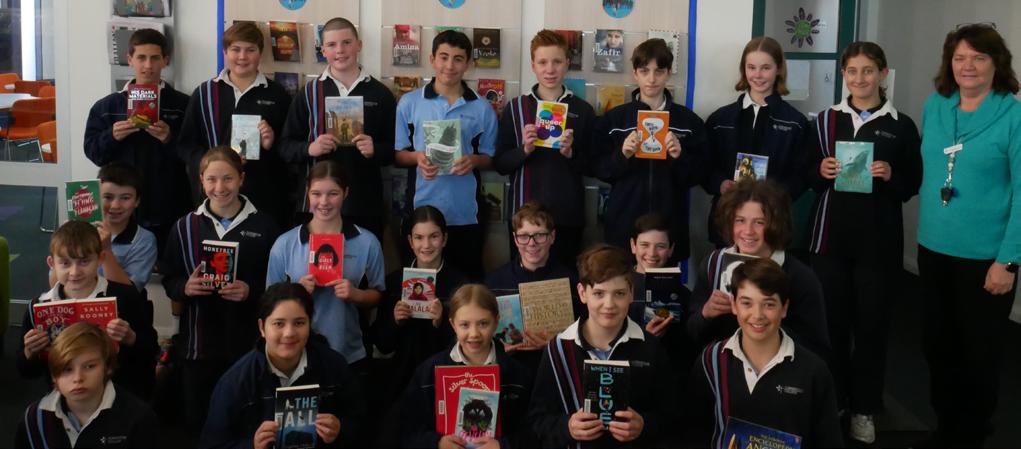
2 minute read
Ministry Matters
On the 3rd April 1968, at the height of the civil rights movement in America, Martin Luther King made a speech that included famous words about the possibility of his own demise. Martin Luther King was, in fact, assassinated the very next day, stripping America of one of its greatest fighters for justice and freedom. In that same sermon, however, the night before he died, Martin Luther King (MLK) used the story of the Good Samaritan in a remarkable way that focused on how religion itself can get things so incredibly wrong. In his famous last speech he talks about the man on the side of the road, bloodied and beaten, and how two priests of the Jewish religion passed by because of their religious priorities. On the other hand, MLK goes on to talk about the Good Samaritan in the story, and his compassion for the beaten man. In his message, though, a contrast is made between those who passed by and those who stopped and helped; a contrast inspired by the different question each man must have asked himself as he made his choice to stay and help or to pass by and not help. In his sermon, MLK speculates that the religious priests will have asked themselves the question, “If I help the man on the side of the road, what will happen to me?” On the other hand, MLK speculates that the Good Samaritan will have asked himself, “If I do not help the man on the side of the road, what will happen to him?” I shared a little of this message with students last week, in the context of how religious people can get things so very wrong when the core of our faith is based on ourselves and not on our neighbours. When it comes to members of our community who are different than us, is our choice not to stand up for them, in fact, driven by what will happen to us if we do, or what will happen to them if we don’t? Albert Gast College Pastor
(Luke 10:36)
Prayer Points
• For the power of neighbourly love in our world • For the courage to speak out and advocate for those in our communities who need our voice • For our Year 12s as they work through their final term of school




